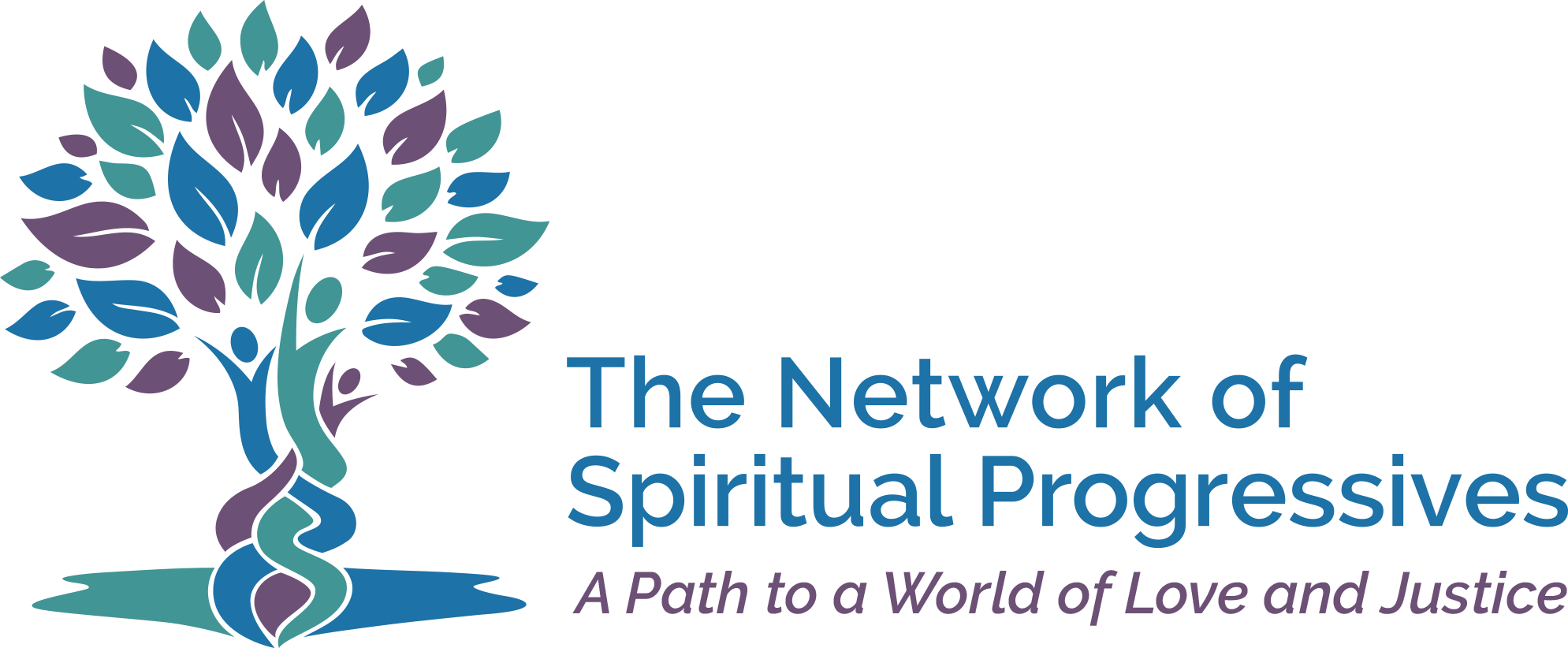The crisis in family life is not manufactured by the media—it is real. This is not just a question of relationships falling apart, and the incredible level of pain that this causes to partners and their children. That crisis would be serious enough and certainly merits our attention. But equally the crisis involves the pain within families: the growing level of alcoholism and drug abuse, the growing levels of family violence and child abuse.
Most people want to have long-term committed relationships with other adults and with children. Even the high rate of divorce does not mean that people are rejecting the hope of family life, shown by the very high level of remarriage amongst those who get divorced. Families are here to stay.
It is precisely because they want those long-term committed relationships that most people are deeply troubled by the problems in creating and keeping families working. The Right seems to be speaking to this concern when it champions Family Life. The legitimacy it gains by this identification with the deepest concerns of working people is then used to give political credibility to programs that are actually destructive to family life and which reinforce the very problems they are meant to solve. But this dynamic will continue until the progressive forces put themselves forward as the real pro-family force, with a better analysis and a better program for supporting family life.
It is all too easy to treat these issues merely instrumentally—as a good strategy. But our concern is much deeper. People are right to be distrustful of progressives if they do not have something useful and deep to say about the issues of the crisis in family life. Most people have pinned their hopes for a meaningful life on their families—and when that doesn’t work, they feel despairing and defeated. They have a right to expect that their hopes will not be dismissed as merely “reactionary.” Progressive politics need to show that they understand and support the deep and valuable aspirations that people associate with their hopes for family life. And they need to treat with respect the desires of most people for a family life that is fulfilling and long lasting. Moreover, the important function of the family as the conveyor of the traditions and accumulated wisdom and experience of humanity to the next generation, and the link between the past and the future, makes family life particularly important for the entire community. While it is important to stress that family life today comes in many forms, including single parent families and gay families, it is also important to emphasize that there are elements of continuity with the past that we wish to honor and respect.
